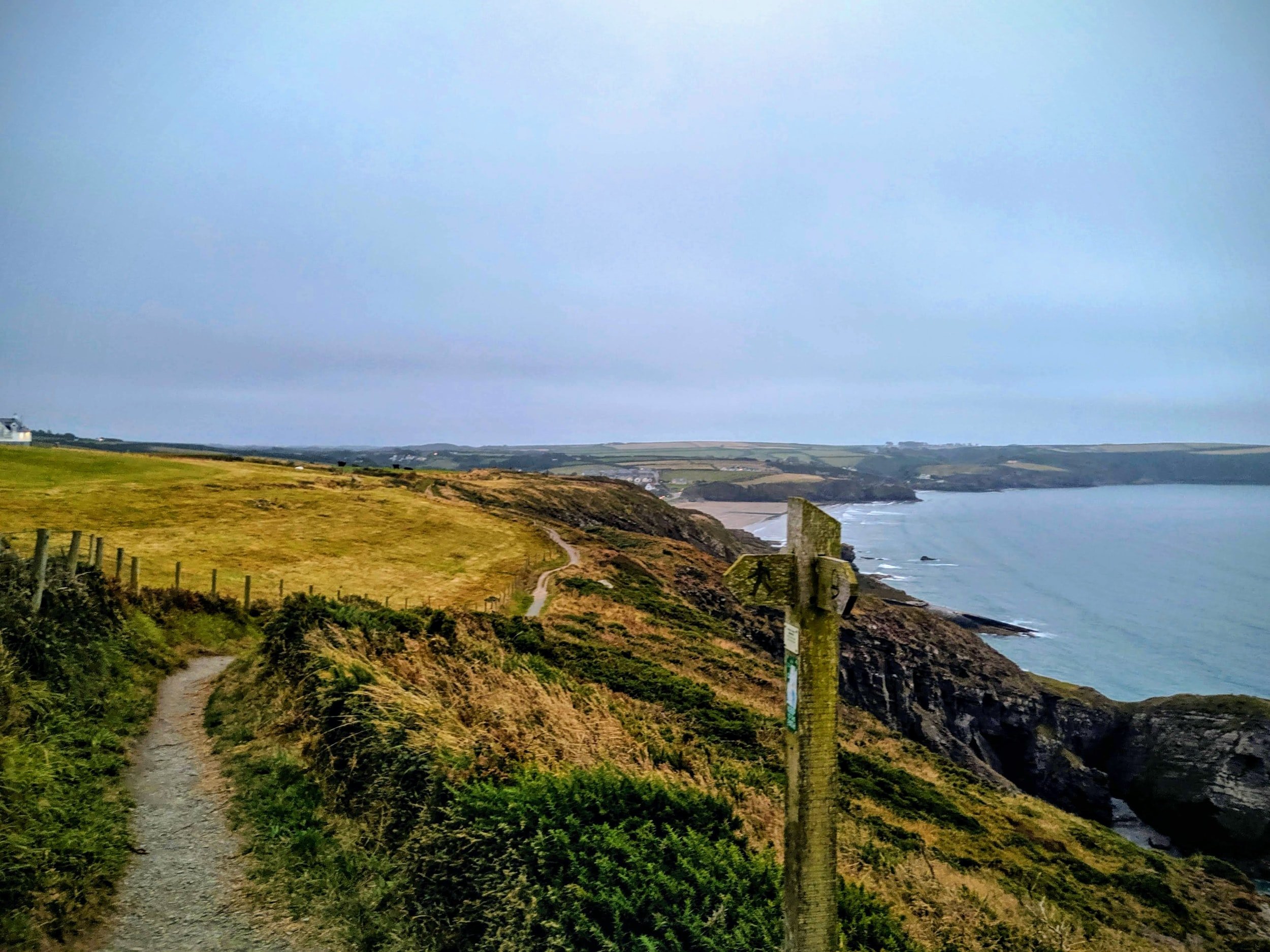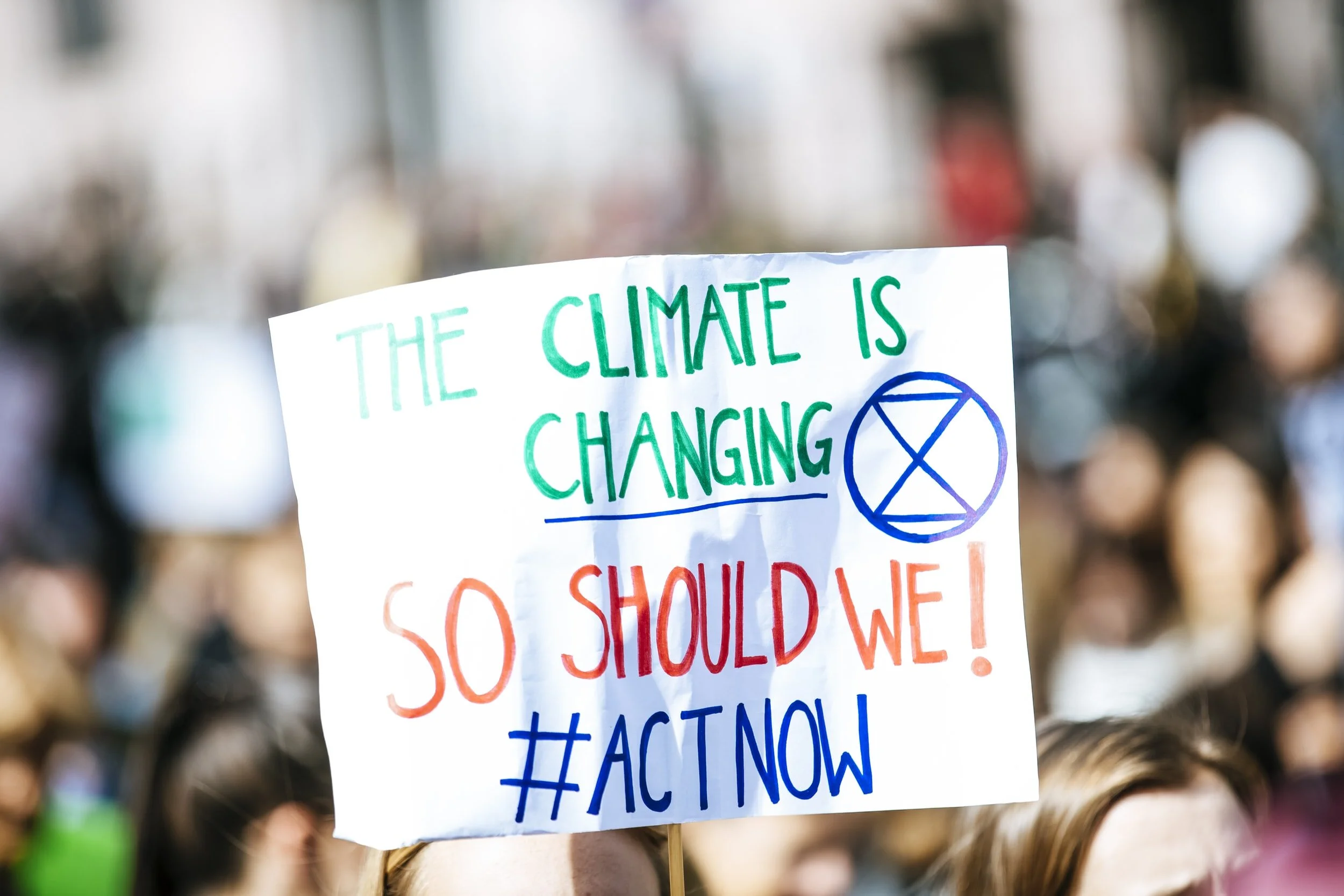Marine Conservation in Thailand
Author: Brad Frankel
Read time: 5 minutes
View our Thailand trip ⟶
Flooglebinder curate educational adventures to create change for people and planet. which includes audits, workshops and residentials. As a BCorp organisation we use business as a force for good, meet the highest standards of verified performance, accountability and transparency, whilst tracking and monitoring our social and environmental impact.
This is one of the first projects that we brought on and started travelling here back in 2007. It’s an incredible place, phenomenal food, amazing sites and beautiful people. It’s certainly been well-travelled but don’t let that put you off, it’s popular for a reason.
Arriving in Bangkok is pretty hectic but you soon settle in and get a real essence of its culture and the mayhem that keeps this city moving. It’s organised chaos at it’s finest but it sure as hell does work. When we first came to Bangkok we loved the craziness of Khaosan Road, it’s still good fun and great to see but there are some other incredible spots if you want to explore and love your food. There aren’t many places like Bangkok with its tuk tuks, Khlong boats and street vendors operating 24/7 but don’t forget a lot of what you see is built for tourism and Thailand has so much more to offer from jungle to city to beach and island life.
After we did the Temple and canal tour, which was a really nice way to see the city and its culture we had an evening dinner cruise on a traditional wooden boat. Learning about the temples during the day was fascinating and the architecture is out of this world but seeing it by night, lit up against the dark sky, is spectacular in its own right. Riding down the River of Kings was a lovely way to spend the evening, especially after the craziness of the day. We got to sample many different dishes and they also performed a Thai Cultural show with music and traditional dress. An awesome first day to settle in.
Like many Asian cities, it doesn’t take long before you immerse yourself in nature and within just a short drive you’re out of the city and into rural Thailand. We drove for a few hours passing by small villages, rice paddies and thick lowland forest before arriving at Ayutthaya. a UNESCO World Heritage Site and one of the ancient capitals of Siam, which was the former name of Thailand, pre-1939. The temple ruins, monasteries and statues give you an insight into its history from the 13th-17th Century and our guide shared some stories of its past rulers. The great thing about Ayutthaya is that it’s not inundated with tourists, we enjoyed most of the sites with relatively few people in comparison to the queues and mayhem of Bangkok. It’s also fascinating to watch people come and pay their respects, light their candles, place their flowers and lay their gold leaf on the Buddha statues.
From here we made our way up to Kanchanaburi, which was about 4 hrs away and located on the famous River Kwai.
We arrived just in time to see the old train crossing the rickety bridge and it certainly feels like you’ve gone 50yrs back in time.
This region was made famous by the 1957 war film, Bridge on the River Kwai, which was based on the true story of Burmese railway construction during the Second World War by Allied POWs under Japanese command. We went to the Hellfire Pass memorial the following day, which was built to honour those that died during the construction of the Burma-Thailand ‘Death Railway’. Walking through the excavation is quite harrowing as you listen to the information and stories through your headpiece, which really sets the scene and allows you to understand the horrific circumstances in which they were forced to work. It’s a tough day but important that we don’t forget.
The afternoon was a little more lighthearted with a hike in Erawan National Park to check out the series of 7 waterfalls. Now, we usually let groups explore themselves and chill out in the main waterfall which has a lovely natural pool although the Red Garra (Garra rufa), also known as nibble fish, will certainly keep you on your toes.
Despite this being a marine project the day at Elephant Haven is certainly one of the most memorable. Being so close to such gentle giant’s is an awe-inspiring moment that you’ll never forget.
We have to be very careful with these kinds of projects as quite often the priority can be for the tourists and the pockets of the owners as opposed to the animals but as far as we know this is an ethical project saving elephants from the entertainment industry or harmful and torturous circumstances.
As a result, they’re already domesticated so can’t be released and here they have the freedom to eat, roam and swim if they wish. We simply prepare their food, walk with them and play in the river. You’ll get to learn about their diets and behaviour as you watch these majestic animals meander their way through the forest. Hearing the rumble of an elephant that close and the reverberation through your body as you feed them is an unforgettable moment.
After the mainland tour we made our way down to Koh Tao, still one of our favourite spots in the world. You certainly get a feel for island life as soon as you arrive.
When you go to a place that has great weather (most of the year), gorgeous beaches, incredible sunsets, fun trails, awesome diving, Muay Thai, yoga, Thai massage, Thai cooking classes and pretty much every cuisine you can imagine you can’t go wrong. That’s why we love this place so much. We originally came here to gain our Divemaster qualification and whilst some types of tourism have had a negative impact, it’s still phenomenal.
It's for this reason that the conservation work we do (and the way we travel) is so important.
With our backgrounds being Marine Biology, these projects are always high up on our agenda and this is one of the best marine conservation programmes we've ever experienced. Everything from the setup to the education, data collection and the impact on the local communities as well as the international policymaking and establishing Marine Protected Areas (MPA's), is incredible.
Like all of our programmes you can get involved as much or as little as you wish. The students will have a structured schedule that takes them through their Open Water and Advanced qualification before starting their scientific diving but for families and adults you can simply do some fun dives or help run dive surveys and collect data. They’ll also be various presentations and workshops, which you’re more than happy to join.
You’ll learn about climate change, threats to reef health and advanced artificial reef techniques amongst plenty other fascinating topics and there’s always a few interesting documentaries or films being shown.
It doesn’t matter who you are, Thailand is made for everyone!
These blogs are written off the back of our inspection trips. When we hear about a project that we think will be suitable we get the ball in motion and first do our research. After speaking with the various stakeholders, we decide if it’s a programme that meets our criteria and values, and if so, plan an inspection trip. We use this to see as much as possible not just the project but to get a feel for: the logistics; the food; the rustic little markets and back street vendors; the hidden nature spots; the core culture of the community; and the people that bring these places to life.
We want you to get a real experience of these places and travel whilst understanding the social and environmental impact. Unfortunately, it means that not all of them (in fact most) don't even make it to the starting line because we don’t think they’re good enough. If they do, we then bespoke them for each of the different groups, i.e students, adults or families. The focus will always be conservation and sustainability, with the main difference being just time spent in different parts of the programme, the transport and accommodation category. The level of learning, engagement, activities and adventure is all up to you so just let us know what you like (or don’t) and we’ll help you design your perfect, life-changing trip built on purpose and impact.



































